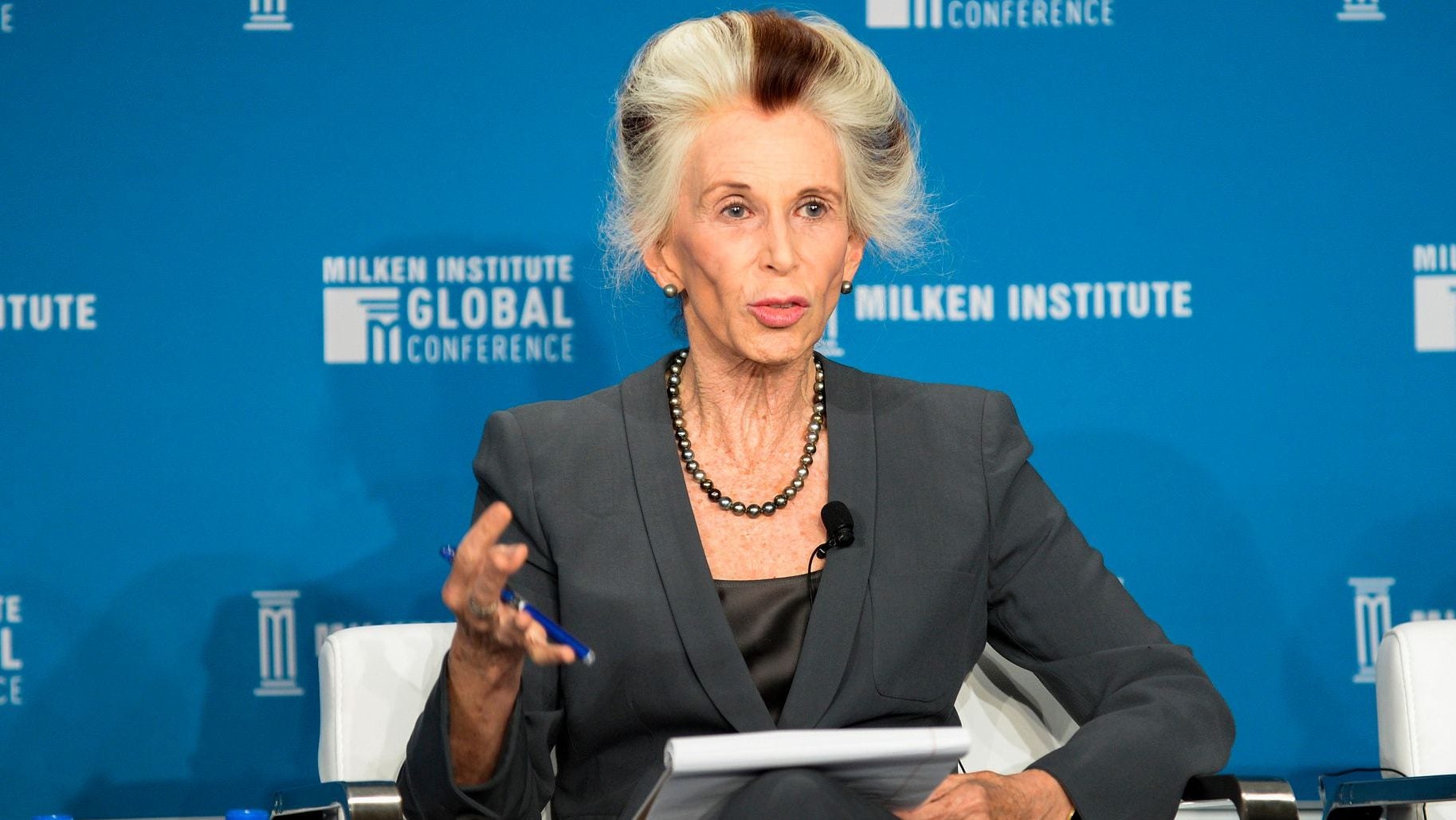Watch a feminist scholar demonstrate how CEOs should talk about sexual harassment
In the wake of #MeToo, many companies are looking for new, and more effective, ways to stop sexual harassment.


In the wake of #MeToo, many companies are looking for new, and more effective, ways to stop sexual harassment.
Catherine MacKinnon, the lawyer and scholar who largely created the legal definition of sexual harassment in the US, was recently answered the question of what companies currently are not doing to stop harassment, but should. Speaking at the Milken Institute Global Conference in Los Angeles, California earlier this week, she said that real leadership can make a difference. Then she demonstrated: With the flair of a Tilda Swinton or Frances McDormand, MacKinnon acted out how to deliver a message in a way that is serious, unmistakable, and guaranteed to leave an impression.
Watch MacKinnon below, beginning at 38:24:
“I have seen heads of companies get everybody together and actually say, ‘Listen we don’t do this here. You don’t come here to graze on the women who work here,” she said, impersonating a CEO who means business. Such leaders then remind everyone about the company’s reason for existing, which has nothing to do with their employees’s romantic or sexual interests. Strong leaders often follow with, “[If] I even hear from someone you’re doing that, you’re out of here,” MacKinnon said.
Though the efficacy of zero-tolerance policies, and whether someone should be fired based on hearsay alone, are both debatable, MacKinnon’s larger point is that tone matters.
Most forms of sexual-harassment training, like many commonly used videos, can be easy to ignore at best, or downright goofy at worst, which MacKinnon says sends the wrong message about how the company will treat offenders. With jokey videos, she argues, companies are complicit in the harassment of their employees.
MacKinnon asked the crowd to consider the ways a police officer can read an accused person their Miranda rights. The officer can say, “Look, you have a right to maintain your silence. And you have a right a lawyer,” she said, while pantomiming an aggressive stance, leaning in to put herself squarely in front of a hypothetical offender. Or the officer can say, “Look, you have a right to maintain your silence. And you have a right to a lawyer, if you want,” she said, leaning back in the manner of a distracted cop who is merely getting the words out of the way before launching into an interrogation.
“Actors know this, [that] you can convey a reality regardless of the words that are coming out your mouth,” she said. In her experience, strong displays of leadership that say, “This is no joke,” have more reliably projected a reality that it is, in fact, no joke—and generated results.
This story is part of How We’ll Win, a project exploring the fight for gender equality at work.